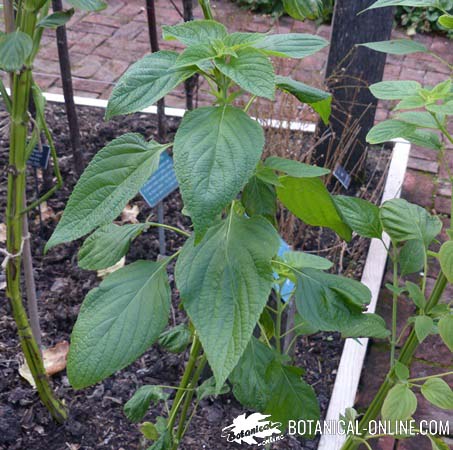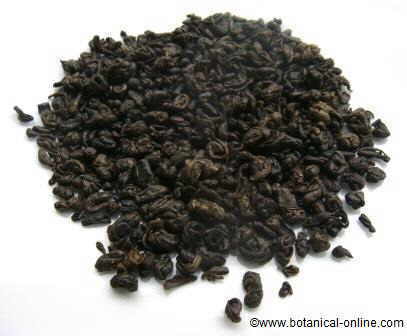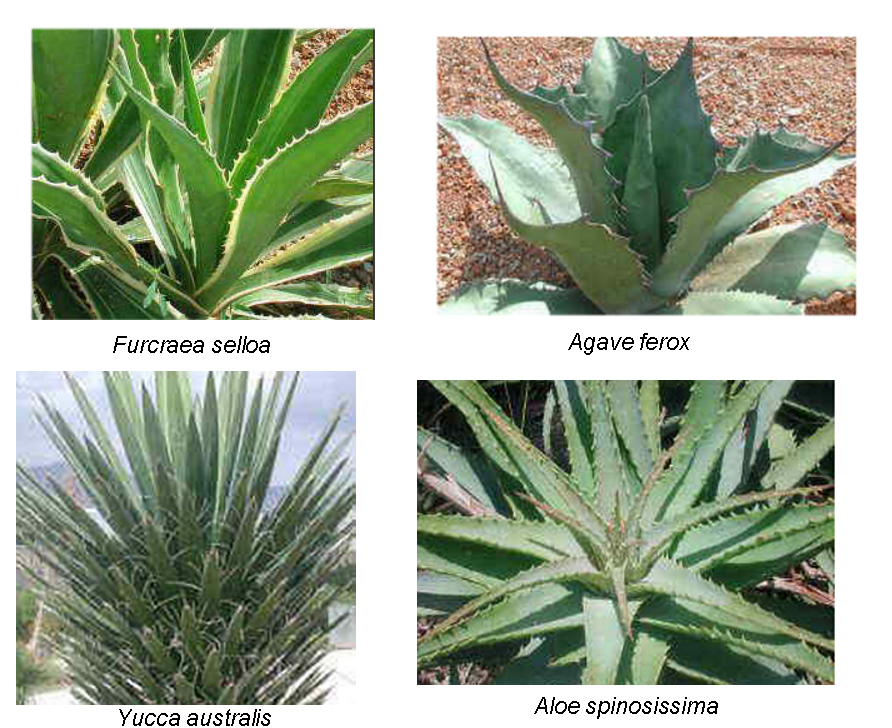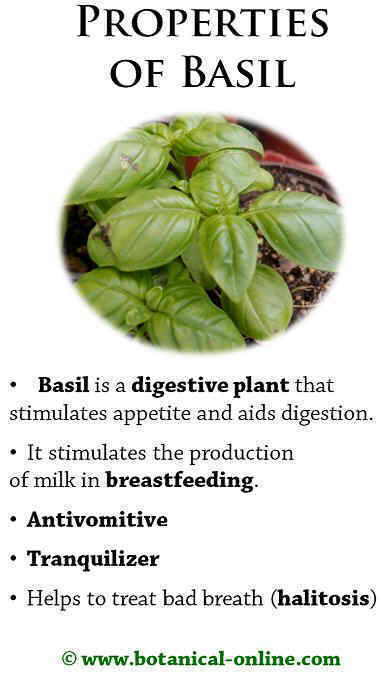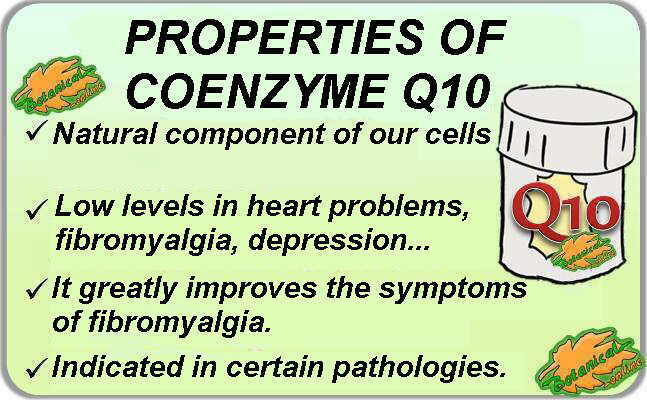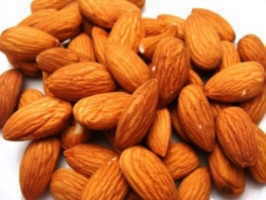Contents
The new non-psychoactive cannabis
 Cannabis (amnesia variety) |
The ever-increasing number of research studies on the benefits cannabinoids can offer for treating a wide variety of diseases is leading to a new paradigm on cannabis perception.
Many countries as Colombia, Uruguay, Canada or even Germany are legalizing the therapeutical use of cannabis and that’s a sign that something is changing on the traditional public policies about this product.
CBD, a cannabinoid that not only counteracts the psychoactive action of THC but offers many medical benefits, is playing a main role in changing this traditional conception about marijuana.
In 1981, Dr. Raphael Mechoulam discovered the endocannabinoid system, consisting of CB1 receptors, located in the brain, and CB2 receptors, found in the immune system. This discovery provided new insights into medical cannabis and convinced the scientific community that cannabinoids, found in marijuana plants, activate and stimulate those receptors, provoking a natural reaction to pain, anxiety, stress…
There are two major cannabinoids that stimulate the aforementioned receptors: D9-THC (Delta-9 Tetrahydrocannabinol) and CBD (Cannabidiol). THC is certainly the most famous and psychoactive component. However, CBD has recently been gaining the interest of the scientific and pharmaceutical community owing to its multiple healing virtues.
What is CBD?
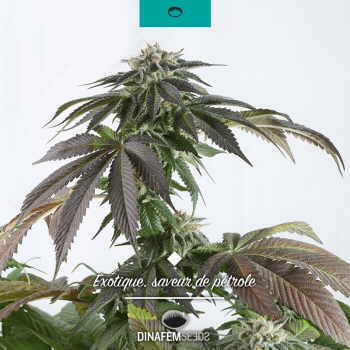 Cannabis (Bubba kush variety) |
CBD or cannabidiol is one of more than 60 compounds found in the chemical phenotype of cannabis plants. Among its many interesting functions, it has proved to be a natural protector against the psychoactive effects of THC.
Evidence showing that CBD is far more effective than conventional therapy in treating child epilepsy has brought about the attention and interest of many pharmaceutical companies.
In addition, research carried out in this regard has proved CBD to be a really potent anti-inflammatory and analgesic capable of combating cancer cells and reducing both nausea and vomiting. No wonder its possible uses in the field of oncology are already being investigated by people all over the world.
Medicinal properties of CBD
According to a review published in the British Journal of Clinical Pharmacology, several scientific studies have found that CBD possesses the following medical properties:
– Antiemetic: Reduces nausea and vomiting
– Anticonvulsant: Reduces seizure activity
– Antipsychotic: Combats psychosis disorders
– Anti-inflammatory: Fights inflammatory disorders
– Antioxidant: Combats neurodegenerative disorders
– Anticancer / anti-tumoral: Kills cancer and tumor cells
– Anxiolytic / Anti-depressant: Fights anxiety and depression disorders
Medical uses and last investigations about the benefits of CBD
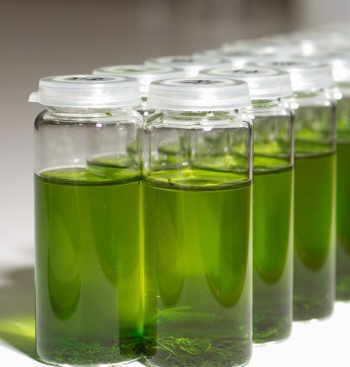 Cannabis CBD under investigation in Dinafem laboratory |
All cannabis strains so far available in the market contained a much higher rate of THC than CBD. This was probably because most breeders preferred the psychoactive effect that THC-rich strains offered.
Nevertheless, thanks to these recent discoveries regarding the medical benefits of CBD, it is this compound the one that is becoming increasingly more appreciated.
While THC might have counter-productive side-effects when being used with medical purposes, there does not seem to be any apparent reason for thinking CBD presents the same problem.
As evidence supporting the many therapeutic benefits of cannabidiol grows, banks of cannabis seeds are starting to invest in research and development of CBD seeds.
Pharmaceuticals, on the other hand, are working to obtain in-depth knowledge regarding the different ways in which CBD can be used for treating schizophrenia, certain types of epilepsy or even breast cancer.
Research and development are key to find new ways to help those hundred thousand people that suffer from different diseases.
![]() Toxicity of Cannabis
Toxicity of Cannabis
![]() More information about cannabis and other plants.
More information about cannabis and other plants.
Growing or possessing this plant is punished by law in most countries. The degree of guilt depends on the legislation of every country. By no means ” Botanical ” pretends to encourage the use of this plant. It only exposes scientifical data, leaving to personal decision the responsibility of using it.

